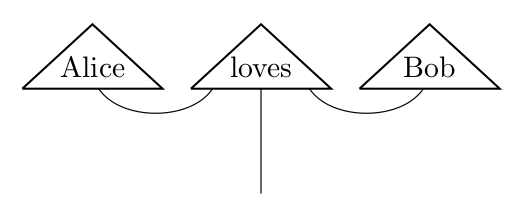discokitty: DisCoCat implementation.
This is a package candidate release! Here you can preview how this package release will appear once published to the main package index (which can be accomplished via the 'maintain' link below). Please note that once a package has been published to the main package index it cannot be undone! Please consult the package uploading documentation for more information.
Properties
| Versions | 0.1.0, 0.1.0 |
|---|---|
| Change log | None available |
| Dependencies | base (>=4.7 && <5), containers (>=0.5.7.1) [details] |
| License | GPL-3.0-only |
| Author | Mario Román (mroman42) |
| Maintainer | mromang08+github@gmail.com |
| Category | Language |
| Home page | https://github.com/mroman42/discokitty |
| Bug tracker | https://github.com/mroman42/discokitty/issues |
| Source repo | head: git clone git://github.com/mroman42/discokitty.git |
| Uploaded | by mroman42 at 2019-05-13T13:24:09Z |
Modules
[Index] [Quick Jump]
Downloads
- discokitty-0.1.0.tar.gz [browse] (Cabal source package)
- Package description (as included in the package)
Maintainer's Corner
Package maintainers
For package maintainers and hackage trustees


